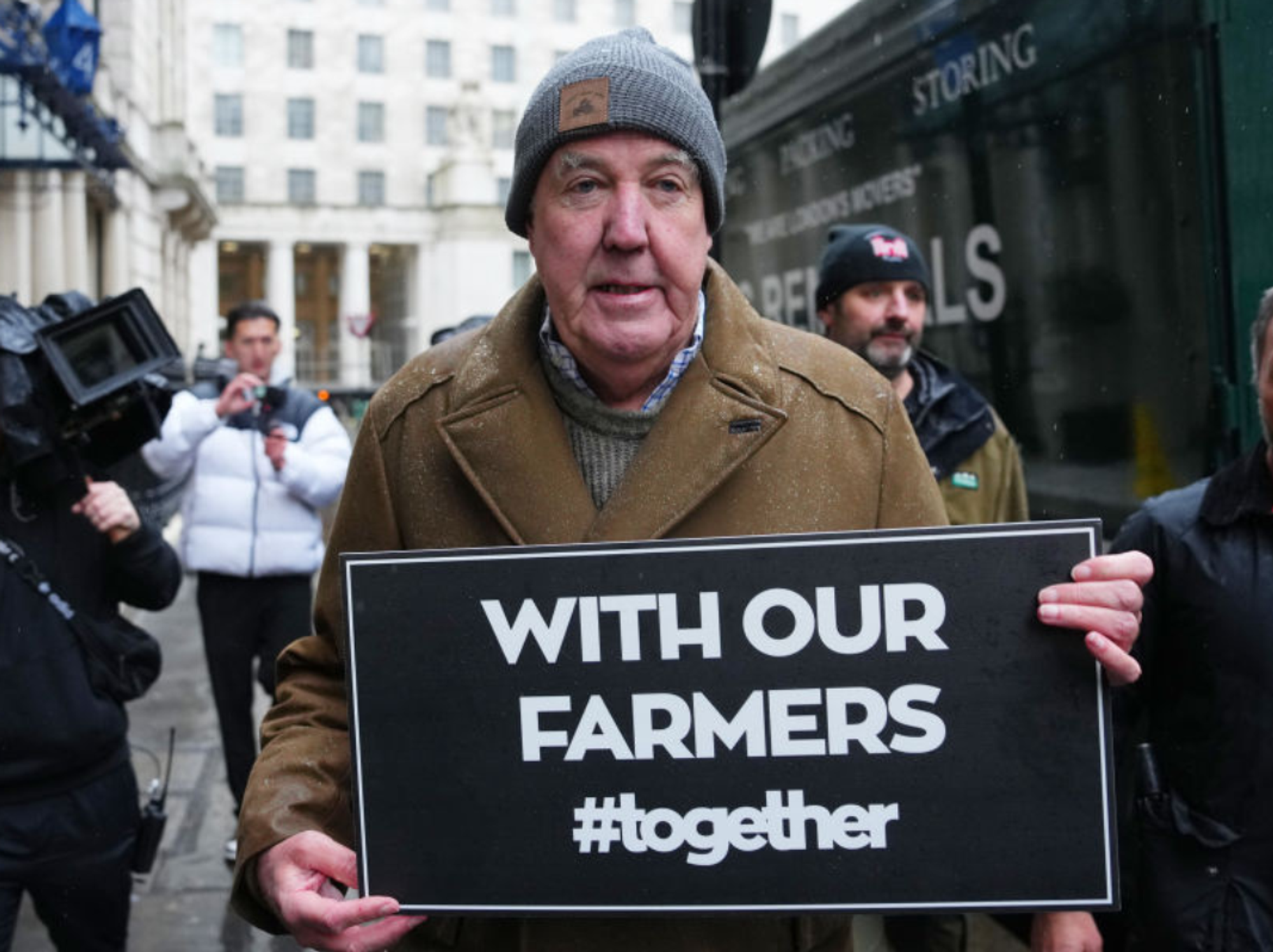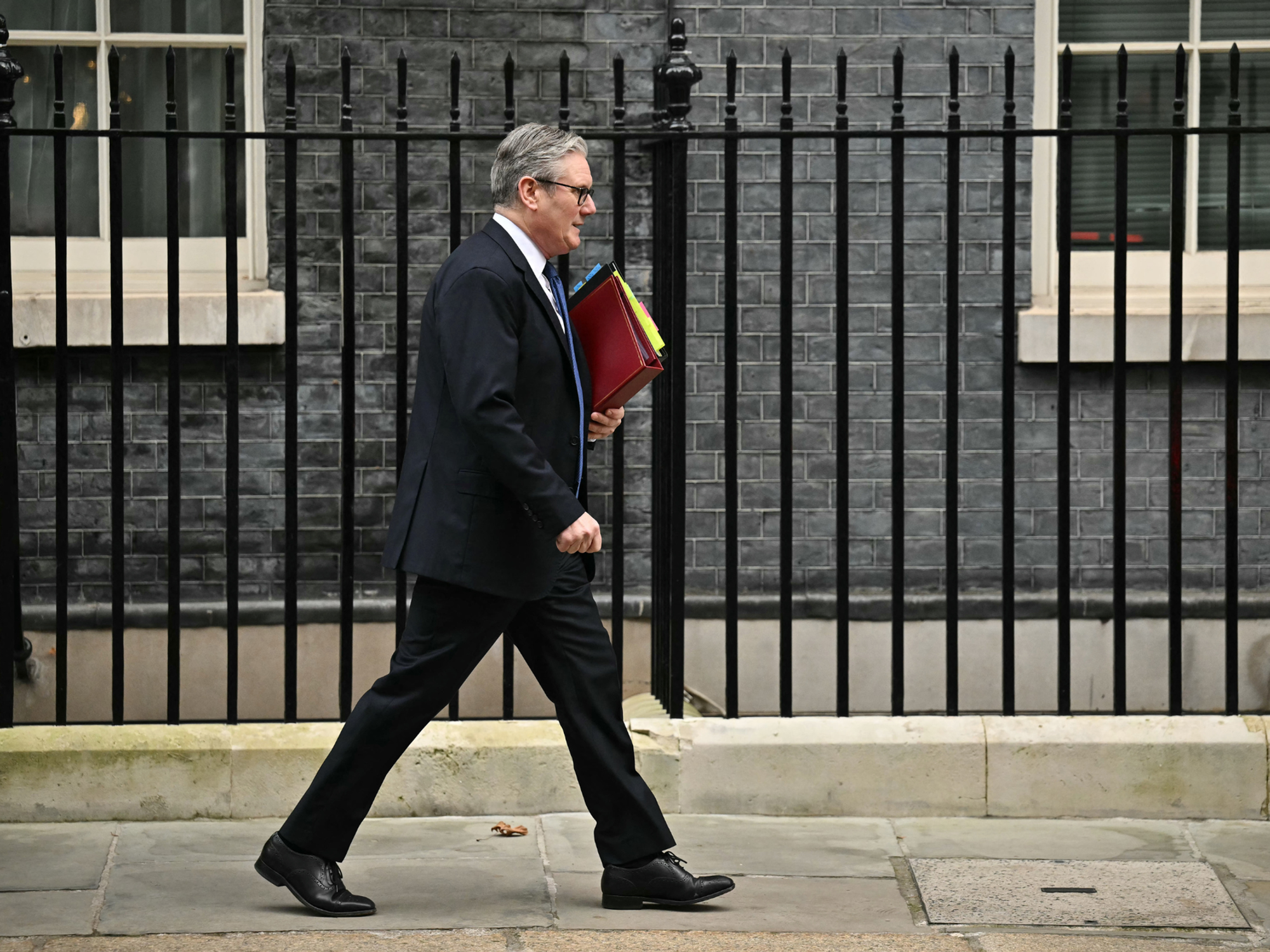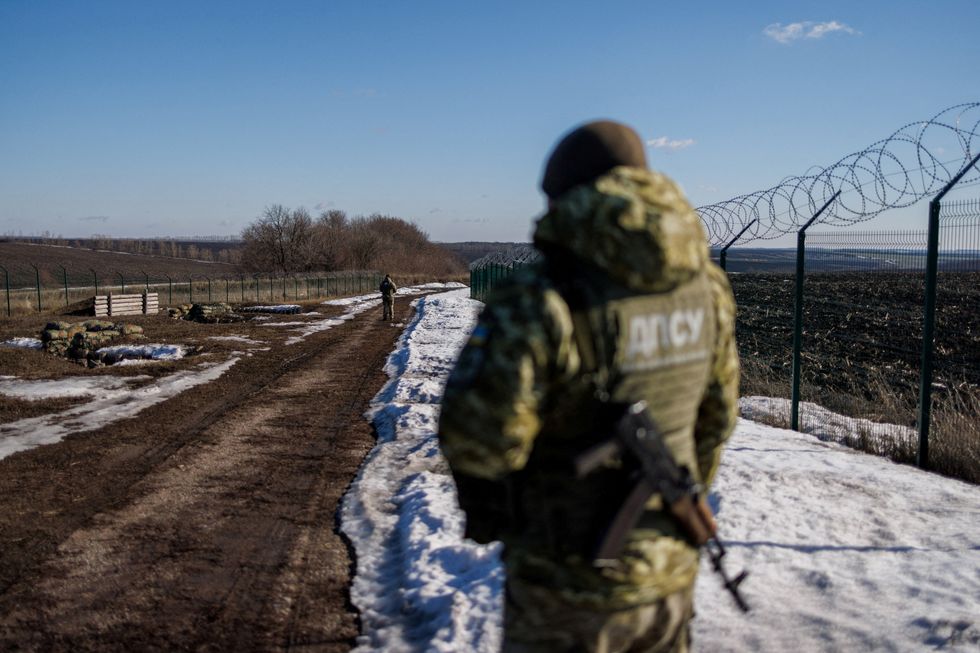Household bills to soar as Putin-targeted Ukraine is 'breadbasket of Europe'

An exacerbation of Britain's cost-of-living crisis is not out of the question as Vladimir Putin moves Russian troops into Ukraine
Don't Miss
Most Read
Latest
Brits could end up feeling the impact of a Russian invasion of Ukraine in their pockets, as farming and fuel ramifications are primed to cause a ripple effect across worldwide.
30-year-high inflation and tax hikes are already causing Brits to feel the squeeze, and war in Eastern Europe may impact shopping baskets across the UK, with Ukraine often known as the "breadbasket of Europe".
Ukrainian frontier guards patrol an area along the Ukrainian-Russian border in the Kharkiv region, Ukraine February 23, 2022. REUTERS/Antonio Bronic
ANTONIO BRONIC
Ukraine and Russia supply a quarter of the world’s wheat and half of its sunflower products, but Rabobank analysts fear war could hit half of Ukraine's grains production, doubling global wheat prices in the process.
As well as this, British farmers are struggling with a fertiliser crisis that has been worsened by a block on fertiliser chemicals exported by Russia, causing prices to double.
Farmers have been left to deal with the price hike as well as soaring cost of living fees.
As well as impacting Brits in the grocery department, Russia is one of the world's largest oil and gas producers, and supplies around 40 per cent of Europe's gas.
As a result, Russia holds huge influence on the market, and could choose to cause disruption by responding to sanctions imposed on them by cutting off supplies to Europe, further tensions with Ukraine could also disrupt flows.
The situation could prove to be a concern for consumers across the UK who are already facing record increases in energy bills in April, as the near-£700 rise in energy price cap comes into effect.
In addition, the Bank of England has bid to quell building inflationary pressures by putting interest rates up twice in three months, but economists warn the situation could be ignited further by a Russian invasion in Ukraine.
According to The Telegraph, city forecasters at Capital Economics believe it would keep “inflation higher for longer” through rising fuel costs and possibly faster rate rises at the Bank of England.
This effect would pressurise Britain's 2.2million home owners with variable rate mortgages that are tied to the Bank of England's policy.












